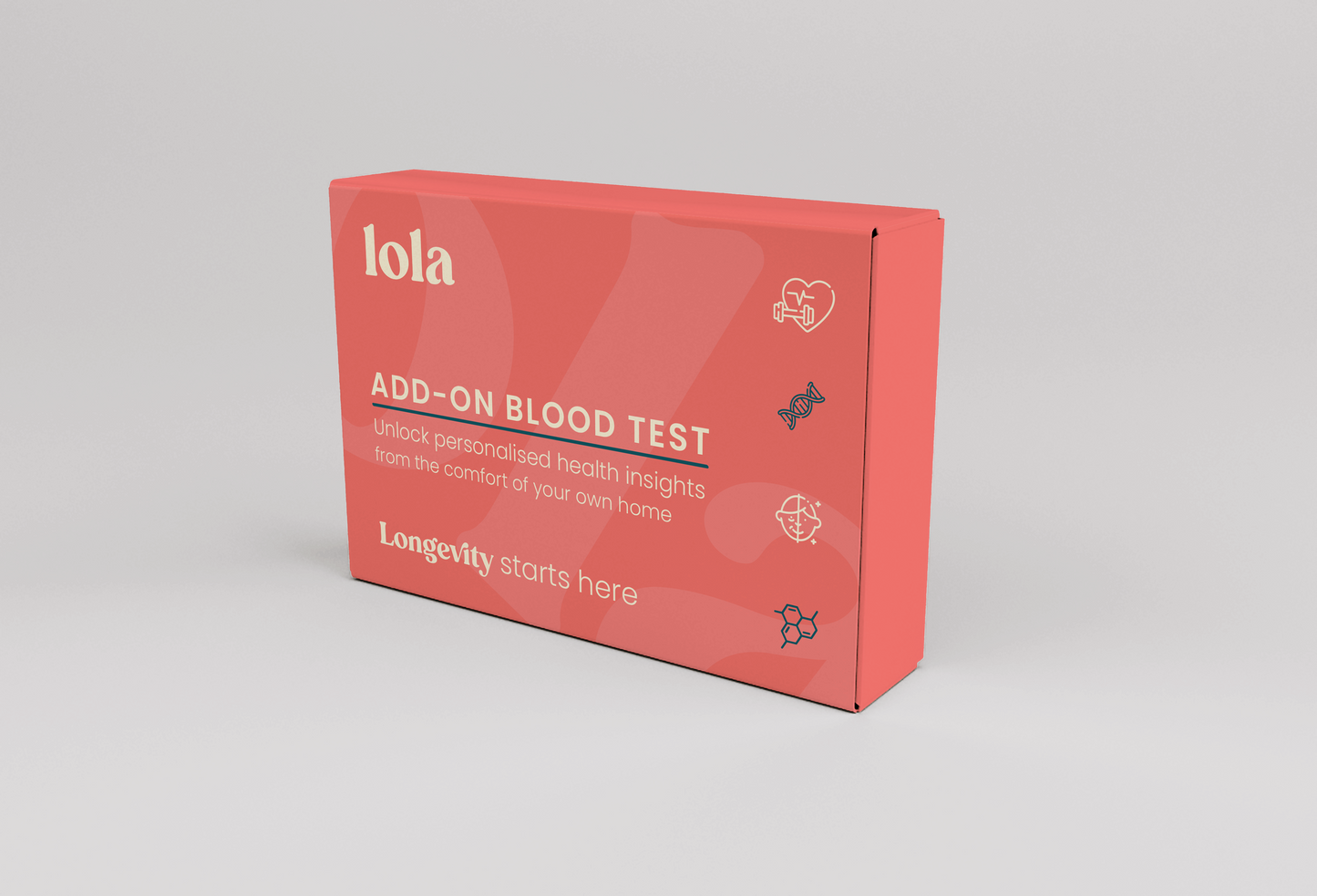
About this test
Symptoms
Who should be tested
When to test
What's measured
What gets tested
Complete panel for your health
1 Biomarkers Tested
Click any biomarker below to see what it measures and why it matters for your health


